Premium Only Content
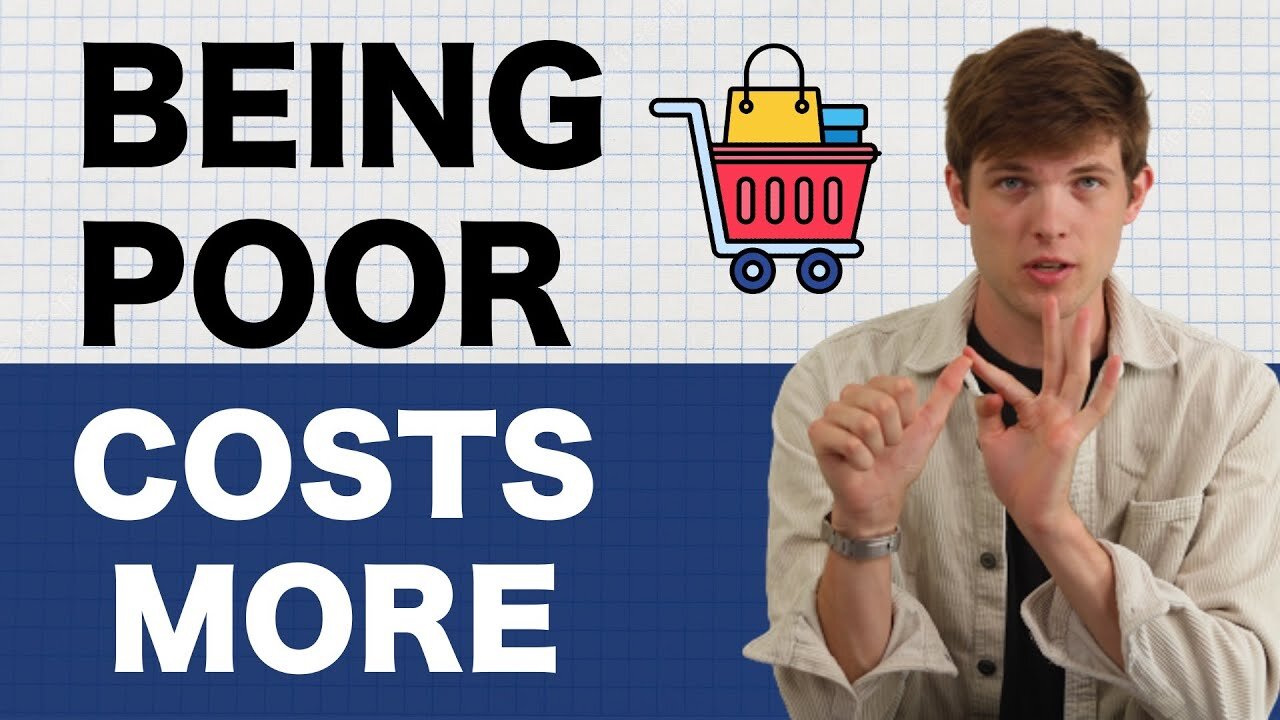
Why It Costs More To Be Poor - Nate O'Brian
👉 Enjoyed this eye-opening video? For more amazing content and a chance to explore the world of Pop Culture Collectibles, head over to https://geekvault.shop/
Discover the finest and rarest pop culture memorabilia, from action figures to art, replicas, statues, toys, cards, and so much more! Our collection spans the realms of cartoons, movies, TV, anime/manga, celebrities, horror, sports, MMA, and beyond.
Don't miss our exclusive handmade, high-quality anime weightlifting belts and performance/gym accessories – a favorite among our fans!
At Geek Vault, we cater to every vibe, offering the best conversation pieces and memorabilia for fans of all kinds. Explore your passion with us today! 🔥
In this eye-opening video, we dive deep into the often-unseen costs of living in poverty or surviving paycheck to paycheck. The discussion revolves around six critical areas where individuals from lower income brackets face stacked odds.
Please note, we're not delving into politics or proposing solutions; instead, we're shedding light on the challenges observed over the past five years. We begin with the soaring cost of food, where we highlight the disparities between smaller and larger stores in areas known as "food deserts." These disparities can significantly affect people with limited resources, forcing them to pay more for their groceries.
Next, we explore the world of banking, revealing the astonishing amount banks make from overdraft fees and the fees associated with maintaining bank accounts. This practice disproportionately affects those living paycheck to paycheck.
The video then discusses the exploitative nature of payday loans, a financial pitfall that entraps people with limited access to traditional financial services. The exorbitant interest rates on these loans often perpetuate a vicious cycle of debt.
Fines and regressive taxes are also addressed, illustrating how they can be unduly burdensome for low-income individuals when considered as a percentage of their earnings. Additionally, the video highlights the often unnoticed "silent tax" borne by those who opt for cash or debit card payments to support credit card reward programs.
We close with a discussion on regressive taxes, using the example of a soda tax in Philadelphia, which tends to disproportionately impact lower-income residents.
While the video raises awareness about these challenges, it refrains from proposing definitive solutions. Instead, it aims to spark discussion and a deeper understanding of the complex issues surrounding poverty and income inequality in modern society. Share your thoughts on these issues in the comments, and let's continue the conversation on how we can make a difference.
Disclaimer: This content is provided for educational and informational purposes only. The materials contained within this content are distributed without profit and are intended for the benefit of the public and for educational use.
The use of copyrighted material is in accordance with the "Fair Use" doctrine under section 107 of the Copyright Act, which allows for the fair use of copyrighted material for purposes such as criticism, comment, news reporting, teaching, scholarship, education, and research.
The copyright holder may object to the use of their material. If you are a copyright holder and believe your work has been used in a way that constitutes copyright infringement, please contact us so we can address your concerns.
Credit: Nate O'Brian (Youtube)
-
 2:44:56
2:44:56
BlackDiamondGunsandGear
4 hours agoAre You that guy? / Carrying a Pocket Pistol /After Hours Armory
22.3K -
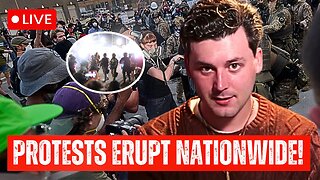 LIVE
LIVE
Camhigby
4 hours agoLIVE - Riot Watch Portland, DC, NC
307 watching -
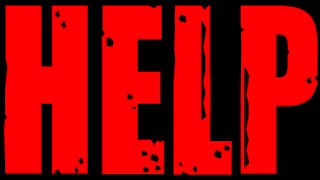 2:54:58
2:54:58
CAMELOT331
7 hours agoYouTube Just Told Me I OWE THOUSANDS $ TO THEM... update
30.9K5 -
 2:00:53
2:00:53
Tundra Tactical
14 hours ago $1.95 earned🛑LIVE AT 9PM CST!! Your Government Hates Your Guns : DOJ Holds Firm On National FIREARMS ACT
24K -
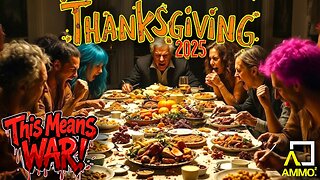 2:44:56
2:44:56
DLDAfterDark
5 hours ago $3.20 earnedAre YOU The Guy That Ruins Thanksgiving?? - God Guns & Gear
24.9K -
 2:58:31
2:58:31
NewsTreason
6 hours agoDECLAS w/ Rambo & Dave: Nuremberg 2.0 | MTG Exits Stage Left | Mamdani Psyop Confirmed, 8pm EST
73.4K68 -
 LIVE
LIVE
meleegames
6 hours agoSONG REQUESTS CLOSED - Melee Music - Beat Hazard 3 - Devil Inside
124 watching -
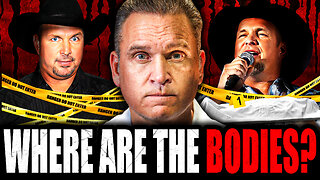 2:13:31
2:13:31
The Connect: With Johnny Mitchell
13 hours ago $3.28 earnedIs Garth Brooks A Serial Killer? Exposing The Dark Secrets Of Country Music's Biggest Star
15K4 -
 1:00:49
1:00:49
MattMorseTV
7 hours ago $89.26 earned🔴Massive VICTORY in the SUPREME COURT.🔴
105K139 -
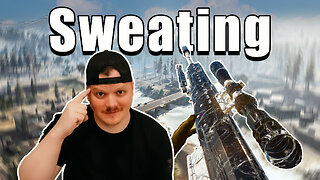 4:08:14
4:08:14
GritsGG
5 hours ago#1 Most Warzone Wins 4015+!
14.9K